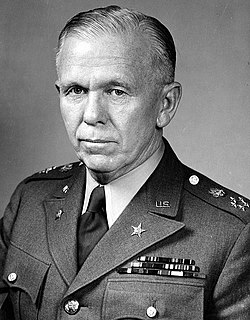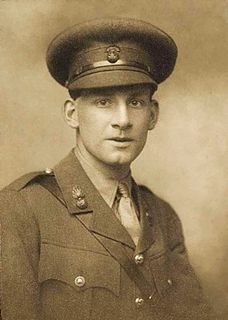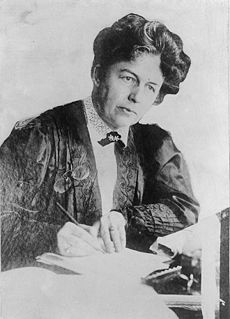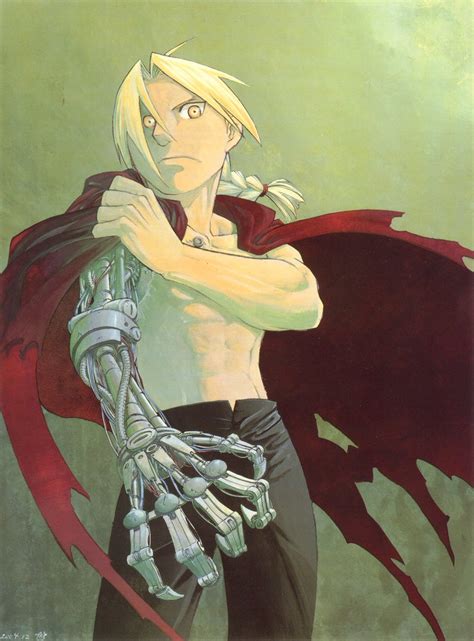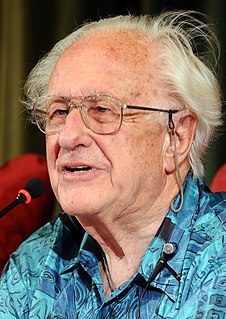A Quote by George C. Marshall
There has been considerable comment over the awarding of the Nobel Peace Prize to a soldier. I am afraid this does not seem as remarkable to me as it quite evidently appears to others. I know a great deal of the horrors and tragedies of war. ... The cost of war in human lives is constantly spread before me, written neatly in many ledgers whose columns are gravestones. I am deeply moved to find some means or method of avoiding another calamity of war.
Quote Topics
Afraid
Am
Another
Appears
Avoiding
Been
Before
Calamity
Columns
Comment
Considerable
Constantly
Cost
Cost Of War
Deal
Deeply
Does
Find
Great
Great Deal
Horrors
Human
Know
Lives
Many
Me
Means
Method
Moved
Nobel
Nobel Peace Prize
Others
Over
Peace
Prize
Quite
Remarkable
Seem
Soldier
Some
Spread
Tragedies
War
Whose
Written
Related Quotes
Now that I've seen what war is, what civil war is, I know that everybody, if one day it should end, ought to ask himself: "And what shall we make of the fallen? Why are they dead?" I wouldn't know what to say. Not now, at any rate. Nor does it seem to me that the others know. Perhaps only dead know, and only for them is the war really over.
I am making this statement as an act of wilful defiance of military authority, because I believe that the War is being deliberately prolonged by those who have the power to end it. I am a soldier, convinced that I am acting on behalf of soldiers. I believe that this War, on which I entered as a war of defence and liberation, has now become a war of aggression and conquest.
A great many of the epic fantasies, from The Lord of the Rings onward, are about war, but to my mind, a lot of it doesn't really deal honestly with the consequences of war, what war does to us, as a society, what war does to us, as individuals, and the struggle for power, in the same way, and what we're fighting for.
I know I have been portrayed as a general looking for war. Many other headlines speak of that. That's what people say. But I understand the importance of peace because I saw the horrors of war. That's how I see it. I lost my best friends in battles.. and I had to make decisions of life and death, of others and myself.
Throughout history civilian populations and political rulers have talked of peace. We have never been free of war. The soldier, whose profession is war, understands that peace must be enforced by superior military might. The certainty of defeat is the only effective deterrent we can use to maintain peace. Furthermore, we can be strong without being aggressive.
My opposition to war was not because of the horrors of war, not because war demands that the race offer up its very best in their full vigor, not because war means economic bankruptcy, domination of races by famine and disease, but because war is so completely ineffective, so stupid. It settles nothing.
Science was blamed for all the horrors of World War I, just as it's blamed today for nuclear weapons and quite rightly. I mean World War I was a horrible war and it was mostly the fault of science, so that was in a way a very bad time for science, but on the other hand we were winning all these Nobel Prizes.
I am not a capitalist soldier; I am a proletarian revolutionist. I do not belong to the regular army of the plutocracy, but to the irregular army of the people. I refuse to obey any command to fight from the ruling class, but I will not wait to be commanded to fight for the working class. I am opposed to every war but one; I am for that war with heart and soul, and that is the world-wide war of social revolution. In that war I am prepared to fight in any way the ruling class may make necessary, even to the barricades.
In researching this volume, I interviewed veterans who had been at the front during World War II. I read countless books, examined film footage, and listened to many detailed and intense stories firsthand, but the one comment that affected me the most came from a former soldier who lowered his gaze to the tabletop and said, ‘I never watch war movies.
I don't want to predict calamity. But I am afraid of a new Russian occupation of parts of Eastern Europe. Also of a new Russian campaign to exert influence in Germany or other parts Europe, aimed at making continental politics less democratic. I am afraid of a US trade war and even a shooting war with China.
In times of war, as everyone knows, who has lived through one, or talked to soldiers when they are allowing themselves to remember the truth, and not the sentimentalities with which we all shield ourselves from the horrors of which we are capable ... in times of war we revert, as a species, to the past, and are permitted to be brutal and cruel. It is for this reason, and of course others, that a great many people enjoy war. But this is one of the facts about war that is not often talked about.
As professor of global peace studies at the International Islamic University of Malaysia I am committed to the ending of war also through criminalization of war, an approach that has not been sufficiently used in spite of the UN Charter outlawing war - with too many loopholes used buy aggressive countries.
